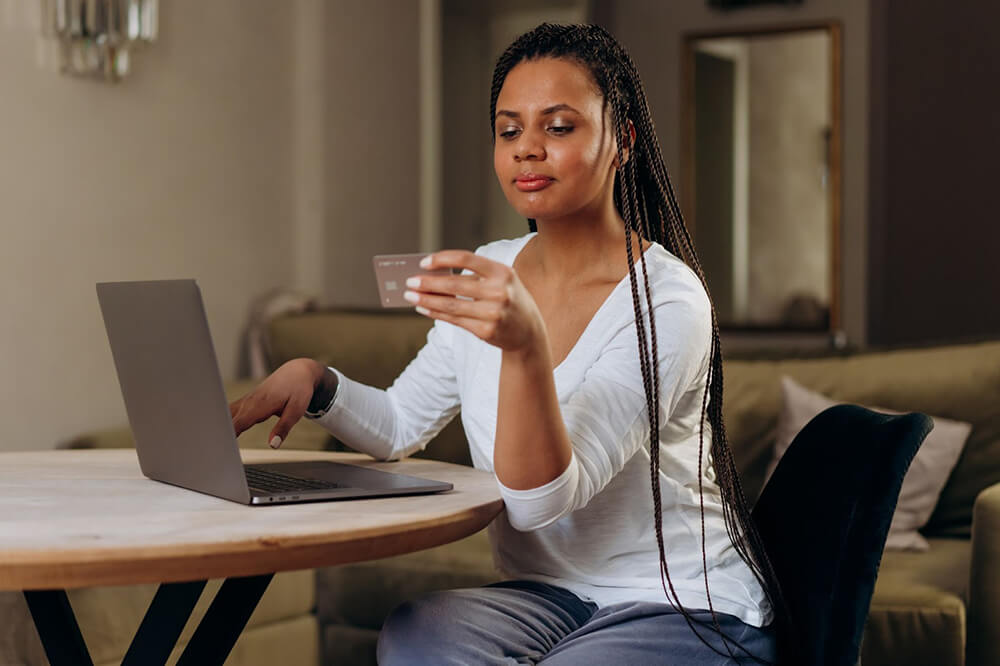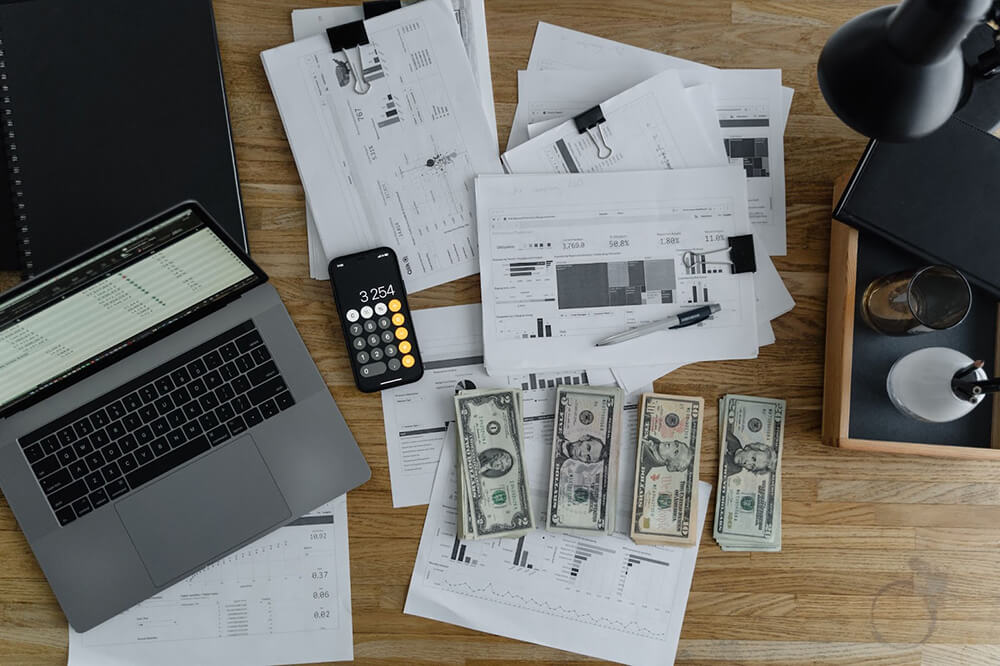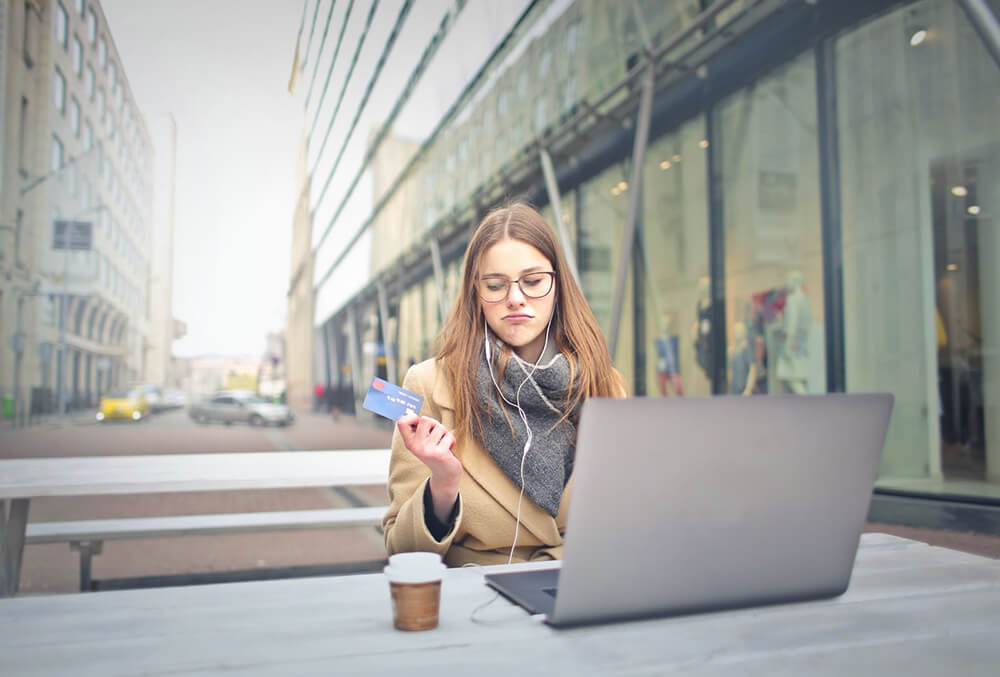
How to Stop Using Your Credit Card for Good
Credit cards can be a double-edged sword. They can be incredibly helpful in times of need, but they can also lead to debt and overspending if they are not used responsibly.
Nowadays, many people rely significantly on credit cards and are afraid that they will not be able to afford their current lifestyle without them.
However, with enough commitment, you can get started on your debt-free journey and stop using your credit card for good.
Are you looking for helpful tips on how to stop using your credit card? Then you came to the right place.
Understand Your Motivation: Why Are You Using Credit Cards?
Before you start getting serious about going credit card-free, it’s important to understand why you’re using credit cards in the first place.
Is it because you’re trying to build up your credit, or do you just find it easier to swipe a card than carry cash?
There are some scenarios in which using a credit card may be actually beneficial. If you manage to pay off your full balance each month, you can build your credit and earn rewards points.
However, if you are using a credit card because you are living beyond your means, it’s high time to consider other options.
Key Takeaway: Understand your motivation for using credit cards. If you are using them to build credit and can pay the bill off in full each month, it may be beneficial to you, but if you are using them because you’re living beyond your means, it’s time to find a different solution.
Understand The Problem: What Are the Negative Consequences of Using Credit Cards?
The negative consequences of using credit cards can be quite serious. You could end up in considerable amounts of debt and struggle to make payments.
When you accumulate debt by using your credit card, you will not only have to pay interest fees on top of the amount you initially charged but also be charged late payment fees if you are not able to pay off your balance on time.
If your debt continues to accumulate, you could find yourself in scenarios where you are unable to repay your credit card debt on time and have your credit score suffer as a result.
Moreover, accumulating debt will have a significant impact on your financial situation and restrict you from achieving your other financial goals, as well as affecting your mental health and emotional well-being.
Key Takeaway: Understand the negative consequences of using credit cards. Uncontrolled credit card usage can have serious financial and emotional repercussions, so it’s important to be aware of the risks before taking any action.
Start Budgeting: List All Your Sources of Income, Expenses, and Goals
Once you understand your motivation for using credit cards and the negative consequences of doing so, it’s time to get serious about going credit card-free.
Begin by listing all your income sources, expenses, and financial goals.
This will help you to determine exactly how much money you have available to work with and where you need to start making cuts.
Create a budget that is realistic and feasible for your current situation.
Make sure to leave room for savings and be very realistic about what you can and cannot afford.
Once your budget is in place, it’s time to start hunting for deals and discounts. Look for smart ways to save money on groceries, transportation, entertainment, and other items that are necessary for your lifestyle.
Key Takeaway: Start budgeting. List all your sources of income, expenses, and financial goals to determine how much you have available to work with and create a budget that is realistic and feasible for your current situation.
Find Alternative Payment Methods to Replace Your Credit Card
Now that you have created a budget, it’s time to switch over to alternative payment methods.
Debit cards are great alternatives to credit cards and can help you to control your spending, as the money is taken directly from your checking account.
You could also consider setting up automatic bill payments so that you don’t forget to pay off your bills on time.
Finally, cash is always a great option, as you can only spend what you have and will be able to focus on your finances.
Key Takeaway: Find alternative payment methods to replace your credit card. Consider using debit cards, setting up automatic bill payments, and paying with cash in order to keep better tabs on your spending and avoid accumulating debt.
Paying Off Your Credit Card Debt Faster
If you have already accumulated significant debt on your credit card, it’s important to focus on paying back this debt as quickly as possible.
Start by making higher payments each month. If your budget allows it, you can also consider making bi-weekly or weekly payments to reduce the amount of interest you are being charged.
Two popular methods for debt repayment are the debt avalanche and the debt snowball method. With the debt avalanche, you pay off debts starting with the highest interest rate first, while the debt snowball approach focuses on paying off the smallest debt first.
Whichever strategy you choose, make sure to remain disciplined and consistent in your approach to paying off your debt as quickly as possible.
A balance transfer credit card could also be very helpful when paying back previously accumulated debt, as it usually includes an introductory period during which you won’t have to pay any interest. This means that during this period, you can focus on paying off the principal amount without having to worry about interest fees.
Key Takeaway: Paying off your credit card debt faster can be achieved by making higher payments each month, using the debt avalanche or debt snowball method, and considering a balance transfer credit card if you have already accumulated debt.
Read More: What Are Balance Transfers?







Sorry, the comment form is closed at this time.